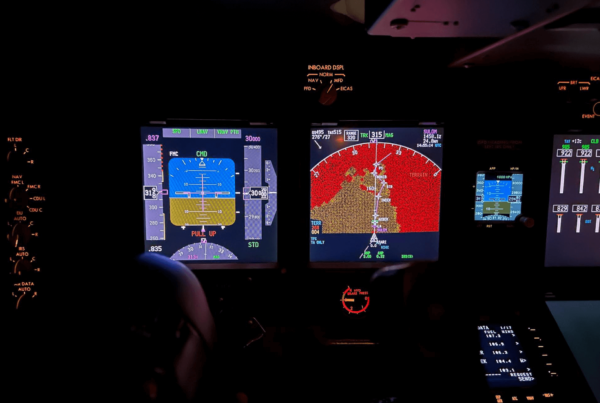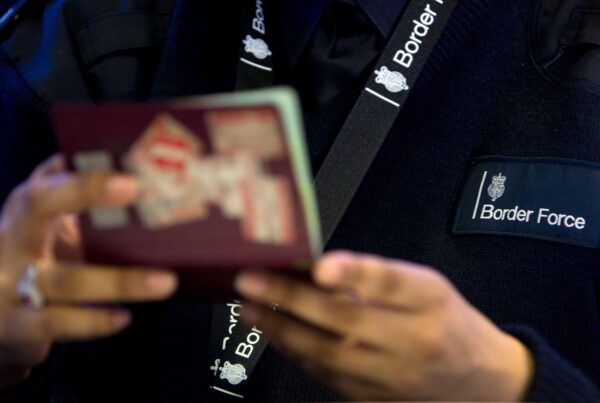Update May 23, 2000z:
- The ceasefire between Israel and Hamas in Gaza agreed on May 21 is continuing to hold.
- Israel has now removed its Notam advising caution to operators in the LLLL/Tel Aviv FIR.
Update May 15, 1200z:
- The Israeli CAA have now published a Notam advising caution in the LLLL/Tel Aviv FIR due to the ongoing conflict between Israel and Gaza. Operators can contact the Israel Airports Authority for operational info: contactus@iaa.gov.il.
- Militants continue to launch rockets and drones at towns in central Israel, while the Israeli Defense Force continue to target locations in the Gaza.
- LLBG/Tel Aviv airport will be closed all day tomorrow, May 16.
- The US has updated its Travel Advisory for Israel, increasing the level of advice to “Level 3: Reconsider Travel”.
Story from May 12:
Flights at LLBG/Tel Aviv Airport were temporarily suspended on May 11, with some diverting to Greece and Cyprus, as the city was bombarded with multiple long range rockets launched by militant groups in Gaza. No damage has been reported at the airport, although some airlines have cancelled flights this week.
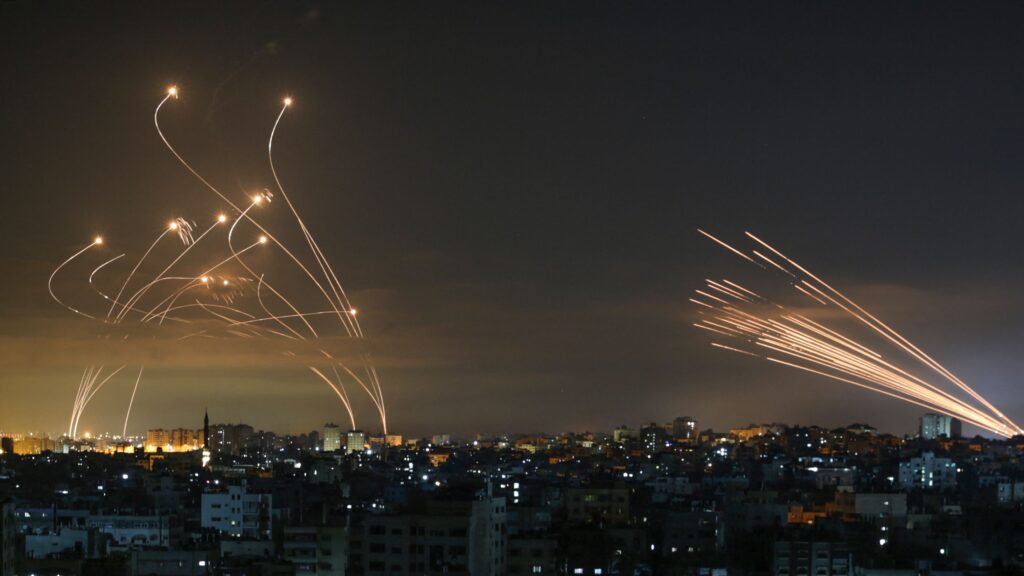 Israel has an Air Defense System – “Iron Dome” which protects populated areas of Tel Aviv from rocket attacks by launching interceptor missiles to ensure rockets detonate prior to reaching the ground, minimizing damage. However, the sheer number of rockets launched resulted in several impacting the city.
Israel has an Air Defense System – “Iron Dome” which protects populated areas of Tel Aviv from rocket attacks by launching interceptor missiles to ensure rockets detonate prior to reaching the ground, minimizing damage. However, the sheer number of rockets launched resulted in several impacting the city.
Sporadic rocket attacks in Southern Israel are not unusual but don’t often target Tel Aviv itself, and certainly not on this scale. One look at the footage of the attack and you will begin to see just how dangerous the skies of Israel became on Tuesday night.
נתב"ג הלילה pic.twitter.com/aZBc7xgNul
— איתי בלומנטל 🇮🇱 Itay Blumental (@ItayBlumental) May 11, 2021
The conflict has been escalating throughout the month of Ramadan, which coincides this year with the significant religious Jewish event Shavuot.
Earlier on Tuesday, a series of Israeli airstrikes in Gaza led to the collapse of a residential building and the reported deaths of several people. Militant groups in Gaza immediately retaliated by unleashing a large-scale rocket attack on Central Israel, forcing the temporary suspension of flights at LLBG/Tel Aviv Airport as air defence systems were activated around the country.
It marks a major escalation in the conflict which may present a new risk to aviation.
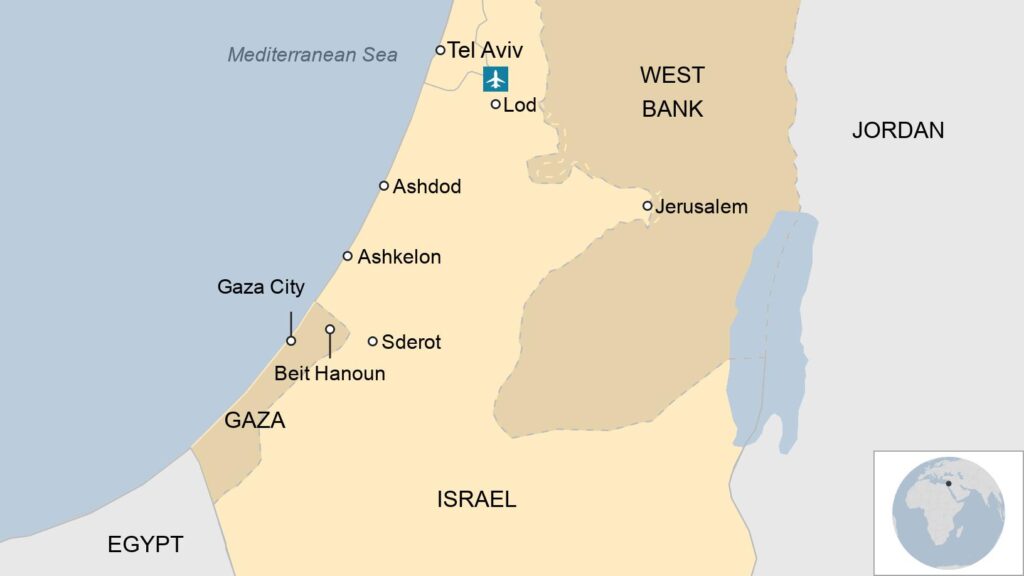
Are there new airspace warnings?
EASA have published a warning, available via the Eurocontrol homepage:
12/05/2021 16:15 Considering the heightened tensions in Israel, including exchange of rocket fire and retaliatory airstrikes, air carriers operating within Israeli airspace and to or from Ben Gurion International Airport (LLBG/TLV) in particular, should monitor closely these developments and adapt their operations according to Israeli Authorities aeronautical publications. Several NOTAMs are already in place for FIR Tel Aviv (LLLL) and its commercial aerodromes rerouting civilian aviation flight paths as necessary to ensure safety and security of the air operations. Due to the unstable regional situation, these publications may be more restrictive within short notice. The situation in the region remains a matter of high concern for commercial aviation – It is recommended to exercise caution by taking into account any relevant information, alongside available guidance or directions from your national authorities as appropriate.
So just a warning for now – no firm restrictions on flights. The most recent incident of major rocket fire from Gaza against Tel Aviv was in 2014 during the Gaza War. Back then, the US FAA responded quickly by imposing restrictions at LLBG/Tel Aviv airport for a two day period, and EASA advised that operators should suspend flights, which ultimately resulted in 30 airlines cancelling flights.
What are the risks?
There are parallels between the situation in Israel and similar rocket attacks carried out recently on Saudi Arabia’s major cities. Previously issued guidance on those and the threat which they pose to civil aircraft may also be relevant here.
The major risks identified from rocket attacks were:
- Misidentification or miscalculation by air defence systems.
- Falling debris from air defence activities.
- Ballistic impact while on the ground.
- Short notice airspace closures.
Where to from here?
We’re likely to see further rocket attacks on Israel and Israeli air strikes on Gaza. From an operator’s perspective, perhaps the most significant development here stems from the fact that militant groups are now showing renewed ability and intent to mount major aerial attacks on Tel Aviv.
Keep an eye on the SafeAirspace.net page for Israel where we will report changes as they happen, and continue to monitor the situation if planning to operate within the LLLL/Tel Aviv FIR – the events of this week have shown us just how quickly quiet skies can become active conflict zones.
More on the topic:
- More: Israel Tightens Rules For GA Flights From The US
- More: April 2024: Israel/Iran Situation, All Call active
- More: Oct 2023: Airspace risk: Tel Aviv is still busy, and it shouldn’t be
- More: Storm in the Cockpit: Tales of Conflict and Clashes
- More: Middle by Middle East
More reading:
- Latest: Teterboro: RIP the RUUDY SIX
- Latest: 400% increase in GPS Spoofing; Workgroup established
- Latest: GPS Spoofing WorkGroup 2024
- Safe Airspace: Risk Database
- Weekly Ops Bulletin: Subscribe
- Membership plans: Why join OPSGROUP?



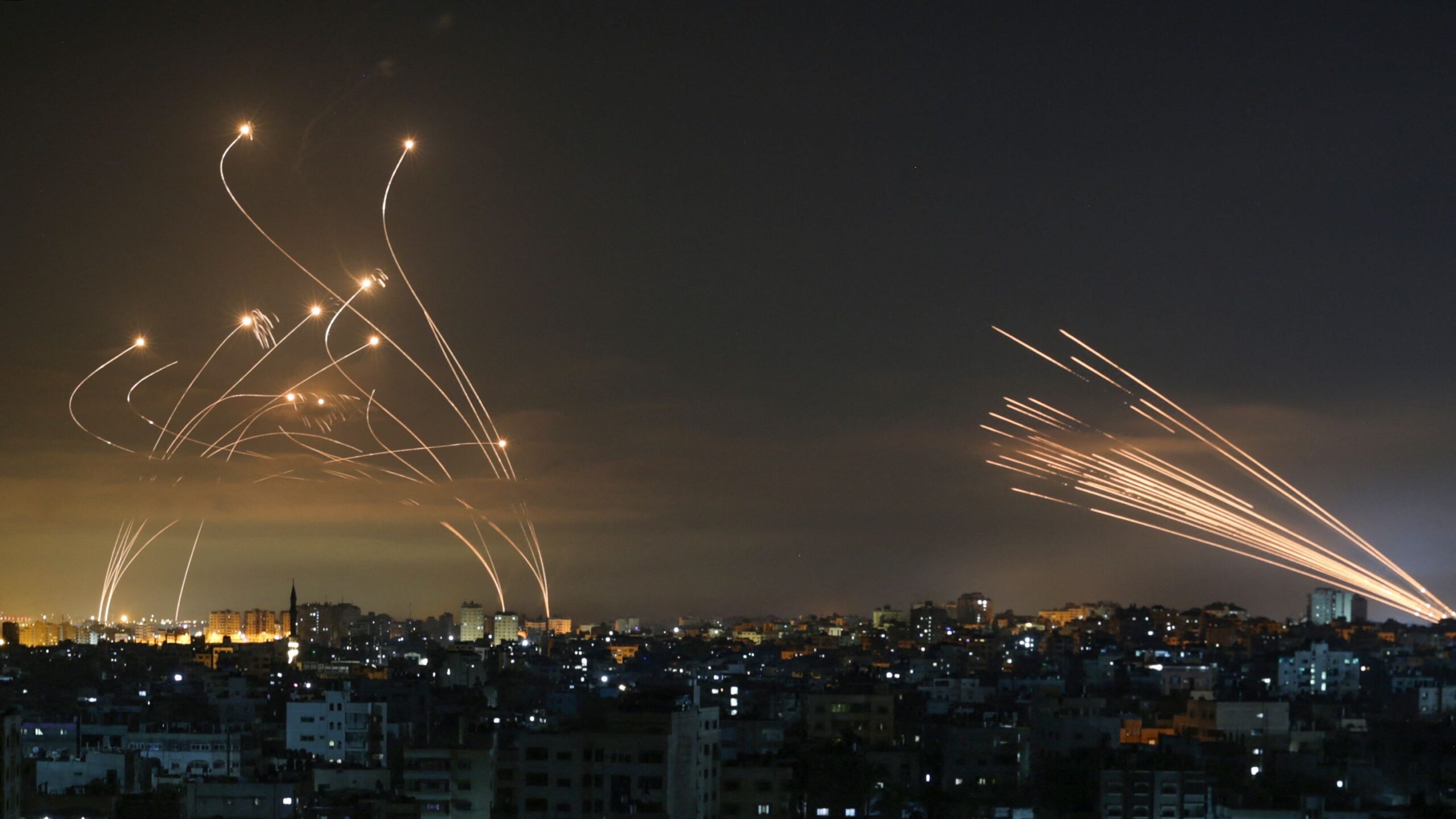
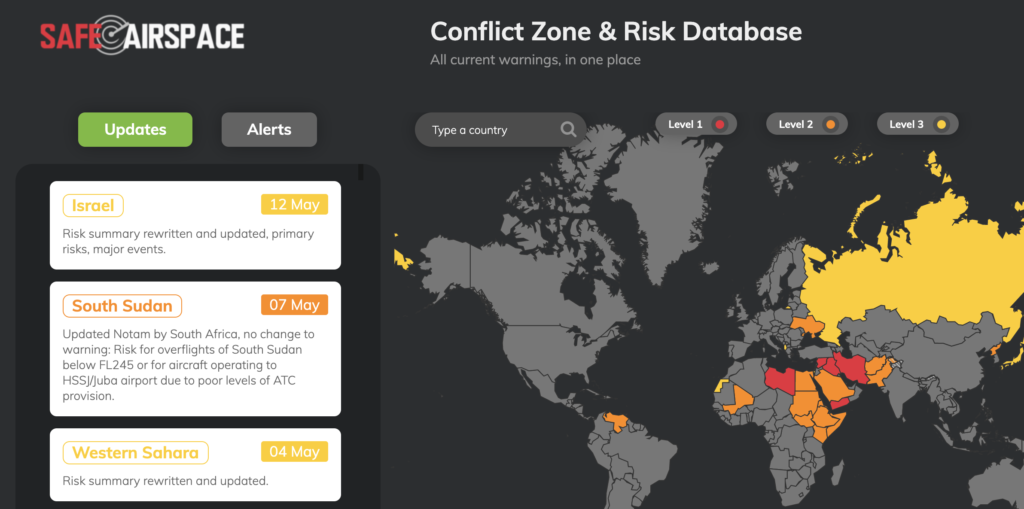

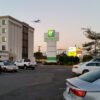




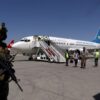
 Get the famous weekly
Get the famous weekly 




